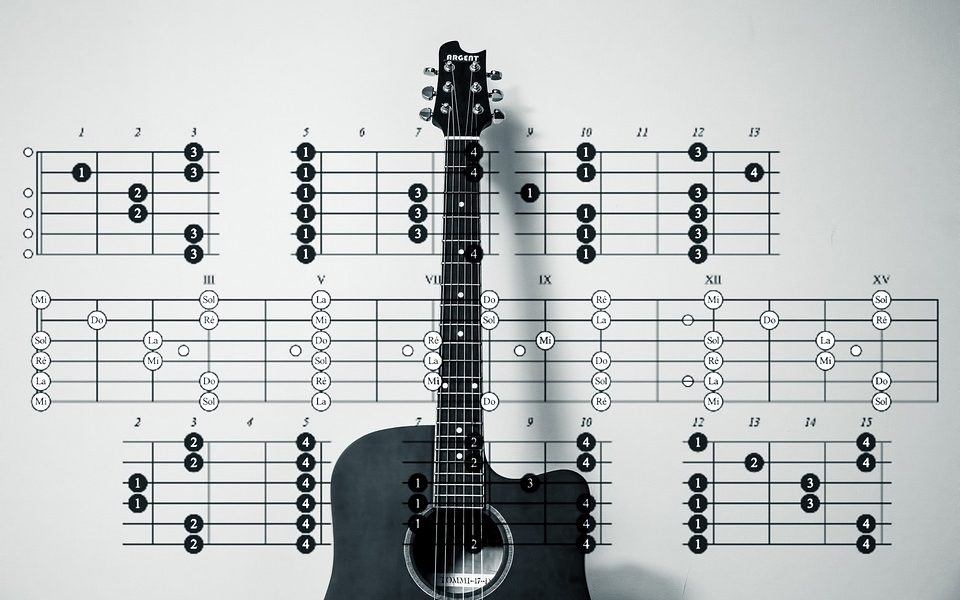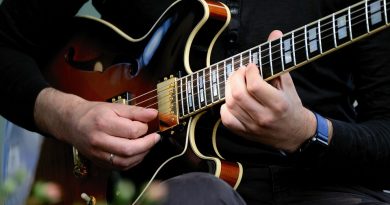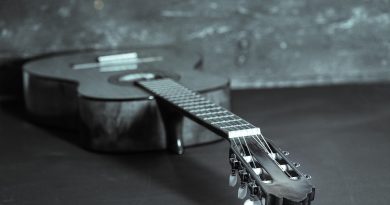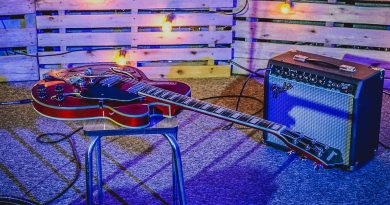Mastering the Basics: A Guitar Beginner’s Guide to Recording
Mastering the Basics: A Guitar Beginner’s Guide to Recording
Introduction
Recording your guitar playing can be a valuable tool for both learning and sharing your music with others. Whether you are a complete beginner or have been playing for a while, knowing how to record your playing can help improve your skills and create professional-quality recordings. In this article, we will cover the basics of recording your guitar playing, from choosing the right equipment to setting up your recording space.
Choosing the Right Equipment
Before you can start recording your guitar playing, you will need the right equipment. The most important piece of equipment you will need is a good quality microphone. There are many different types of microphones available, but for recording acoustic guitar, a condenser microphone is generally recommended. Condenser microphones are sensitive and can capture the nuances of acoustic guitar playing well.
In addition to a microphone, you will also need an audio interface to connect your microphone to your computer. An audio interface converts the analog signal from your microphone into a digital signal that can be recorded on your computer. There are many affordable audio interfaces available that offer high-quality recording capabilities.
Setting Up Your Recording Space
Once you have the necessary equipment, it is important to set up your recording space properly. Choose a quiet room with good acoustics to minimize background noise and reverberation. You can improve the acoustics of your recording space by adding acoustic panels or foam pads to absorb sound reflections.
Position your microphone in front of your guitar, pointed towards the soundhole or the 12th fret. Experiment with different microphone placements to find the best position for capturing the sound of your guitar.
Recording Software
In order to record your guitar playing, you will need recording software on your computer. There are many recording software options available, ranging from free programs like Audacity to professional-grade software like Pro Tools. Choose a recording software that suits your budget and technical skill level.
Before you start recording, make sure to set the input levels on your recording software properly. Adjust the input level on your audio interface to ensure that your guitar playing is not distorted or too quiet. You can monitor the input levels on your recording software to make sure that your guitar playing is being recorded at the right volume.
Recording Techniques
When recording your guitar playing, it is important to pay attention to your playing technique. Play with good timing and dynamics to create a more engaging recording. Experiment with different strumming patterns and fingerpicking styles to add variety to your recordings.
If you are recording acoustic guitar, try playing close to the microphone to capture the natural warmth and resonance of the instrument. Experiment with different playing positions to find the best sound for your recordings.
Editing and Mixing
After recording your guitar playing, you can edit and mix your recordings to create a polished final product. Use editing software to trim any unwanted noises or mistakes from your recordings. You can also add effects like reverb or delay to enhance the sound of your guitar playing.
When mixing your recordings, pay attention to the levels of different tracks to create a balanced sound. Experiment with panning and EQ settings to enhance the stereo image and clarity of your recordings.
Conclusion
Recording your guitar playing can be a rewarding experience that can help improve your playing skills and share your music with others. By choosing the right equipment, setting up your recording space properly, and paying attention to your playing technique, you can create professional-quality recordings that showcase your talent as a guitarist. Experiment with different recording techniques and mixing strategies to find the sound that best suits your playing style. With practice and dedication, you can master the art of recording your guitar playing and create music that you can be proud of.






